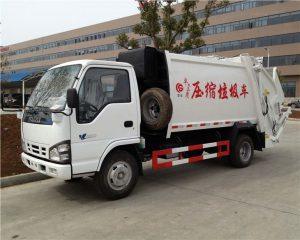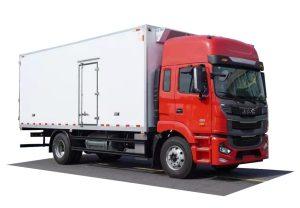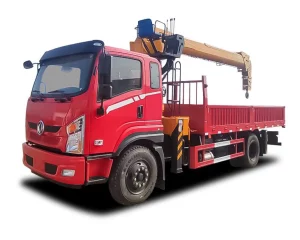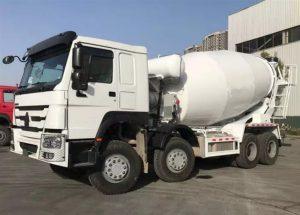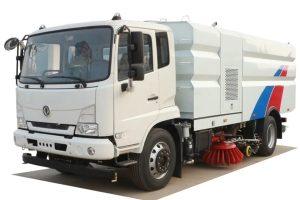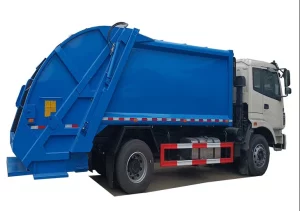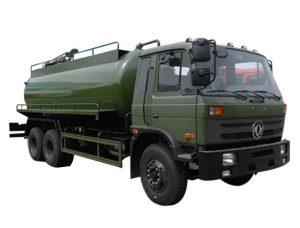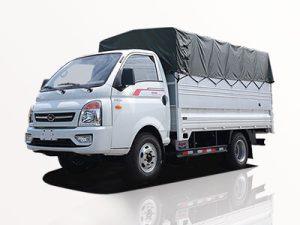Monday to Saturday - 8:00 -17:30
Big Wreckers for Sale: Your Complete Guide to Finding the Right Heavy-Duty Tow Truck
In the world of heavy-duty towing, having the right equipment is crucial. Big wreckers are designed for tough jobs, offering reliability and power for vehicles of all sizes. Whether you’re in the business of towing or need one for personal use, finding the right big wrecker for sale can be a daunting task. This article covers everything you need to know, from the types of big wreckers available to tips on buying, maintenance, and frequently asked questions.
Understanding Big Wreckers
Big wreckers, also known as heavy-duty tow trucks or recoveries, are equipped to handle larger vehicles such as trucks, buses, and even construction machinery. Unlike standard tow trucks, big wreckers are built with specialized equipment to ensure safe and efficient towing.
Types of Big Wreckers
There are several types of big wreckers on the market, each designed for specific purposes:
- Heavy-Duty Wreckers: Best for large vehicles and loads, heavy-duty wreckers are equipped with powerful winches and lifting capabilities.
- Rotator Wreckers: These are versatile trucks that can rotate their boom 360 degrees, making them perfect for complex recoveries.
- Medium-Duty Wreckers: Suitable for smaller trucks and vans, these wreckers offer a balance between power and maneuverability.
- Flatbed Wreckers: Ideal for transporting vehicles without towing, flatbed wreckers have a bed that can be inclined for easier loading.
Key Features of Big Wreckers
Powerful Winches
The centerpiece of any big wrecker is its winch. A heavy-duty winch allows operators to recover vehicles from difficult situations, such as ditches or overturned scenarios. Many big wreckers come equipped with winches capable of pulling several tons, ensuring reliability during the toughest jobs.
Lifting Capacity
Big wreckers provide impressive lifting capabilities, allowing them to handle heavy loads safely. The lifting mechanisms are designed to stabilize the load while transporting irregularly shaped vehicles.
Advanced Towing Technologies
Modern wreckers often feature advanced towing technologies, such as GPS tracking, hydraulic systems for easy maneuvering, and automatic load leveling systems that improve efficiency during rescues.
Where to Find Big Wreckers for Sale
When searching for big wreckers for sale, there are several options to consider:
Online Marketplaces
Websites like Truck Paper, Equipment Trader, and AutoTrader list a variety of big wreckers available for purchase. These platforms allow you to filter results based on price, brand, and location.
Dealerships
Established dealerships often have a selection of new and used wreckers. Visiting a dealership allows you to see the equipment firsthand and ask questions about warranties and financing options.
Auction Sites
Online auction sites such as Ritchie Bros. can be great resources for finding good deals on heavy-duty trucks. Auctions can sometimes yield lower prices than traditional sales methods.
Factors to Consider When Buying a Big Wrecker
Budget
When considering a purchase, it’s essential to establish a budget that includes not only the buying price but also insurance, maintenance, and potential upgrades.
Brand and Model
Different brands have varying reputations for reliability and performance. Some popular brands for big wreckers include:
| Brand | Reputation |
|---|---|
| Freightliner | Known for durability and comfort |
| International | Renowned for powerful engines and torque |
| Kenworth | Offers customizable options and reliability |
| Peterbilt | Luxurious cabins and advanced technology |
Features and Specifications
Always review the key specifications of potential wreckers, including payload capacity, towing capabilities, and whether it has built-in amenities like a comfortable cabin or extra storage.
Conditions of Sale
Are you purchasing new or used? If buying used, always request a full inspection history and check for potential hidden issues. Factor in warranty options for peace of mind.
Maintenance Tips for Your Big Wrecker
Maintaining your big wrecker is crucial for ensuring its longevity and reliability. Here are some practical maintenance tips:
Regular Inspections
Conduct regular inspections to identify any potential issues early. Check the winches, hydraulic systems, and brakes routinely.
Fluid Check
Fluids such as engine oil, transmission fluid, and hydraulic fluids should be checked frequently to prevent breakdowns.
Keep It Clean
Regular cleaning of your wrecker not only keeps it looking good but also helps identify any damage or rust before it can worsen.
Financing Your Big Wrecker Purchase
Financing can be a large consideration when purchasing a big wrecker. Here are some options:
Bank Loans
Many banks offer loans specifically for business vehicles, which can provide necessary funds while enabling you to keep cash flow intact.
Leasing Options
Leasing a wrecker might be an attractive option for those not ready to make a large cash purchase. It often comes with lower monthly payments.
Frequently Asked Questions
What is the average cost of a big wrecker?
The cost of a big wrecker can vary significantly based on brand, model, and condition. Prices typically range from $50,000 to over $300,000 for new models.
Are used big wreckers reliable?
Used big wreckers can be reliable if purchased from reputable dealers and with thorough inspection history. Always ask for documented maintenance records.
How do I choose the right size wrecker?
Determining the right size wrecker will depend on the types of vehicles you’ll be towing. Consider your business needs and load requirements.
What are the licensing requirements for operating a big wrecker?
Licensing requirements can vary by state or country. Generally, a commercial driver’s license (CDL) is required to operate a big wrecker.
Can I customize my big wrecker?
Yes, many manufacturers offer customization options, allowing you to tailor the wrecker to meet your specific needs, whether for towing or additional storage.
What maintenance should I expect for a big wrecker?
Main maintenance includes regular oil changes, brake inspections, and keeping the hydraulic systems in check. Factor these costs into your ownership budget.


